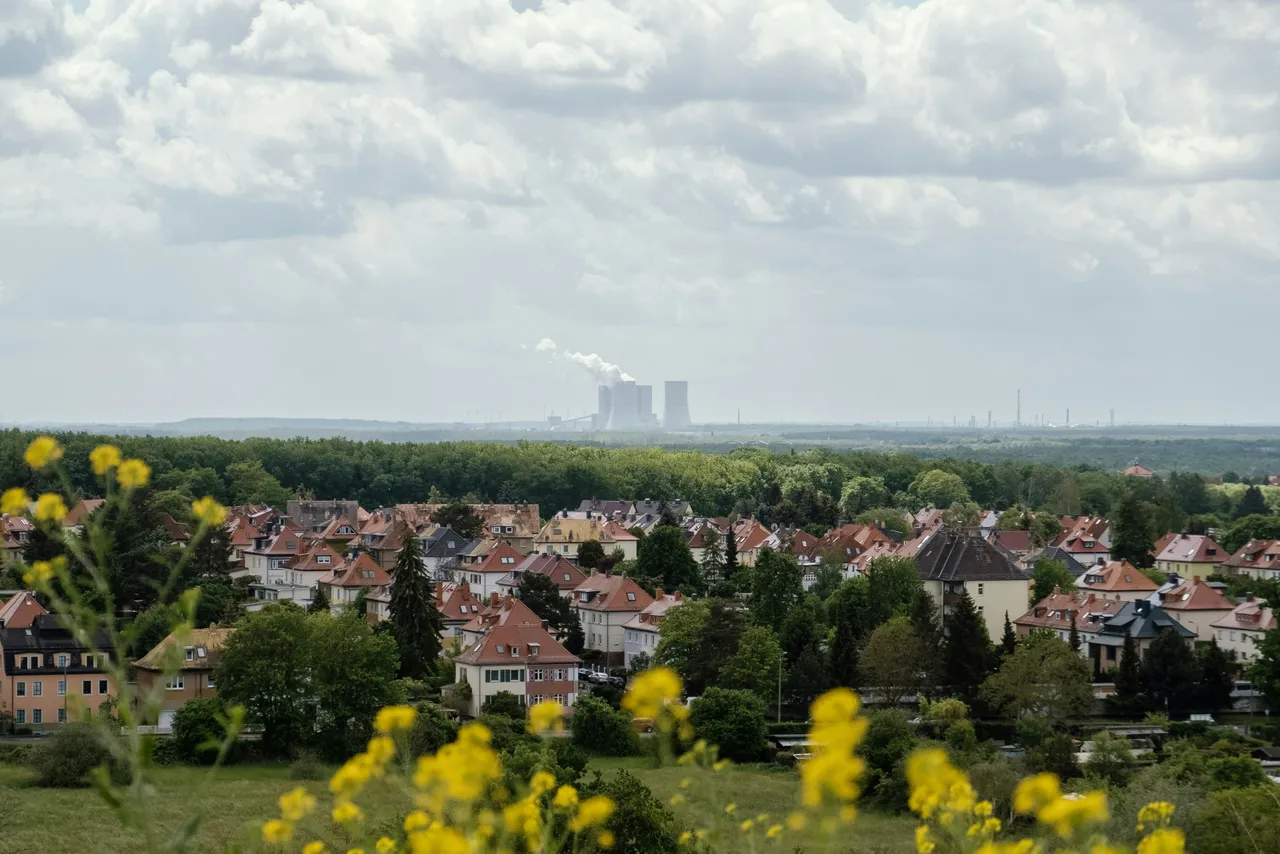Smart Cities: Integrating IoT Technologies for Enhanced Urban Life

Exploring the integration of Internet of Things (IoT) technologies within urban environments can significantly enhance the quality of city life. This article delves into the ways smart cities utilize IoT to improve sustainability, efficiency, and livability.
The Foundation of Smart Cities
The concept of smart cities is built on the integration of information and communication technology (ICT) and various physical devices connected to the IoT network across the city. This enables the collection and analysis of data to improve the efficiency of services and meet residents' needs. From optimizing traffic flow to reducing energy consumption in buildings, the foundation of smart cities aims to create a more sustainable and efficient urban environment.
IoT technologies play a crucial role in this by providing real-time data that helps city planners and authorities make informed decisions. Through sensors and connected devices, cities can monitor air quality, water usage, and waste management systems, paving the way for proactive rather than reactive management.
Enhancing Urban Services with IoT
One of the most significant benefits of IoT in urban areas is the enhancement of city services. Smart lighting, for instance, not only reduces energy consumption but also improves public safety by adapting to the natural light conditions and activity in the area. Similarly, smart water management systems can detect leaks and manage water resources more efficiently, preventing waste and saving costs.
Public transportation is another area where IoT technologies can make a substantial impact. By gathering data from various sources, cities can optimize routes, reduce wait times, and improve the overall commuter experience. This not only makes public transportation more appealing but also contributes to reducing the city's carbon footprint by encouraging residents to choose more sustainable modes of transport.
The Role of Data in Urban Optimization
Data is at the heart of enhancing urban life through IoT. The ability to analyze vast amounts of data collected from sensors and devices allows for the optimization of resources and services. However, the challenge lies in processing and utilizing this data effectively. Cities must invest in robust data analytics platforms that can interpret this information and provide actionable insights.
Privacy and security are paramount when dealing with such a large scale of data collection. Smart cities must implement stringent data protection measures to ensure residents' information is safe and secure. By doing so, cities can maintain trust and encourage the adoption of smart technologies among their populations.
Challenges and Future Directions
While the benefits of integrating IoT technologies in urban environments are vast, there are also significant challenges to overcome. These include the initial investment required for infrastructure, the need for skilled personnel to manage and analyze the data, and ensuring equitable access to the benefits of smart city initiatives.
The future of smart cities lies in the continuous innovation and integration of new technologies. As 5G networks become more widespread, the capacity for more connected devices and faster data transmission will open up new possibilities for urban optimization. The focus should remain on creating inclusive, sustainable, and resilient urban spaces that meet the needs of all residents.
In conclusion, integrating IoT technologies into urban environments presents a promising pathway towards creating smarter, more livable cities. By focusing on sustainability, efficiency, and inclusivity, smart cities can harness the power of IoT to transform urban life for the better.
This article was developed using available sources and analyses through an automated process. We strive to provide accurate information, but it might contain mistakes. If you have any feedback, we'll gladly take it into account! Learn more